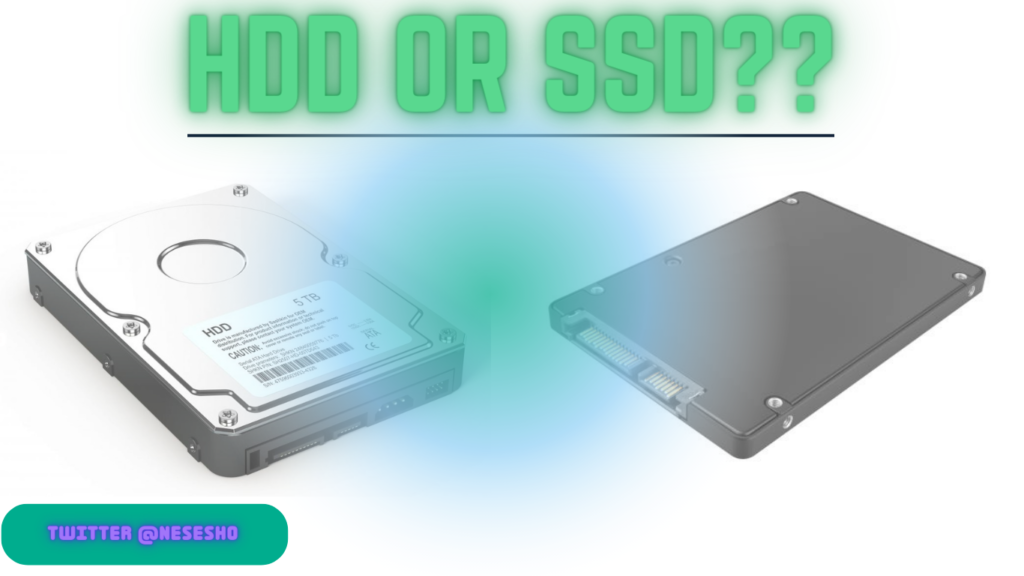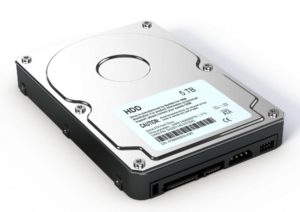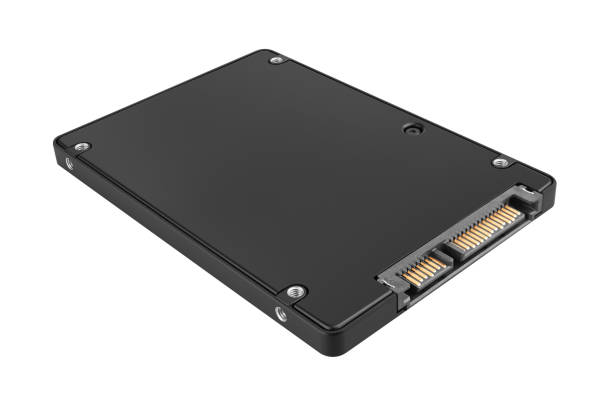
If you’re in the market for a new storage solution for your computer, you might be wondering whether to choose a hard disk drive (HDD) or a solid-state drive (SSD). In this article, we’ll break down the key differences between the two and help you decide which one is the best fit for you.
Hard disk drives (HDDs) and solid-state drives (SSDs) are two types of storage devices commonly used in computers. HDDs are the traditional type of storage, using spinning disks to store data. They have been around for decades and are relatively inexpensive compared to SSDs. SSDs, on the other hand, use flash memory to store data and do not have any moving parts. They are faster and more reliable than HDDs, but they are also more expensive.
In recent years, SSDs have become increasingly popular due to their speed and reliability. They are commonly used in high-end laptops and desktop computers because they can significantly improve the performance of the system. HDDs are still widely used, particularly in budget computers, and for storing large amounts of data that do not need to be accessed quickly.
There are several key differences between hard disk drives (HDDs) and solid-state drives (SSDs):
1. Speed: SSDs are much faster than HDDs, with read and write speeds that are several times faster. This is because SSDs use flash memory, which has no moving parts and can access data almost instantly, HDDs, on the other hand, use a spinning disk to store data, which can be slower to access.
2. Reliability: SSDs are generally more reliable than HDDs because they have no moving parts that can fail. HDDs, on the other hand, are prone to failure due to the spinning disks and other mechanical components.
3. Capacity: HDDs typically have larger storage capacities than SSDs, although this gap is closing as SSDs continue to get larger.
4. Power consumption: SSDs use less power than HDDs, which can be an important factor for laptops and other devices that rely on battery power.
5. Cost: HDDs are generally less expensive than SSDs, particularly when it comes to larger capacities.
6. Physical size: SSDs are typically smaller in size than HDDs, which makes them a good choice for laptops and other compact devices.
HDDs have been around for decades and are likely to continue to be used for budget computers and for storing large amounts of data that do not need to be accessed quickly. However, the adoption of SSDs is likely to continue to grow due to their faster performance and reliability.
SSDs are becoming increasingly popular in laptops and desktop computers, and it is likely that they will eventually become the dominant form of storage. The cost of SSDs has been decreasing over time, which has made them more accessible to a wider range of consumers. In addition, the capacity of SSDs is increasing, which means that they can store more data than ever before.
It is also possible that new types of storage technology will emerge in the future, such as 3D XPoint or phase-change memory, which could potentially offer even faster performance and larger capacities than current SSDs.
Ultimately, the right choice between an HDD and an SDD will depend on your needs and budget. SSDs offer faster performance and are more reliable, but they are also more expensive. HDDs offer larger capacities at a lower cost, but they are slower and less reliable.


